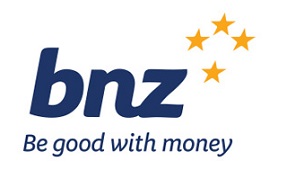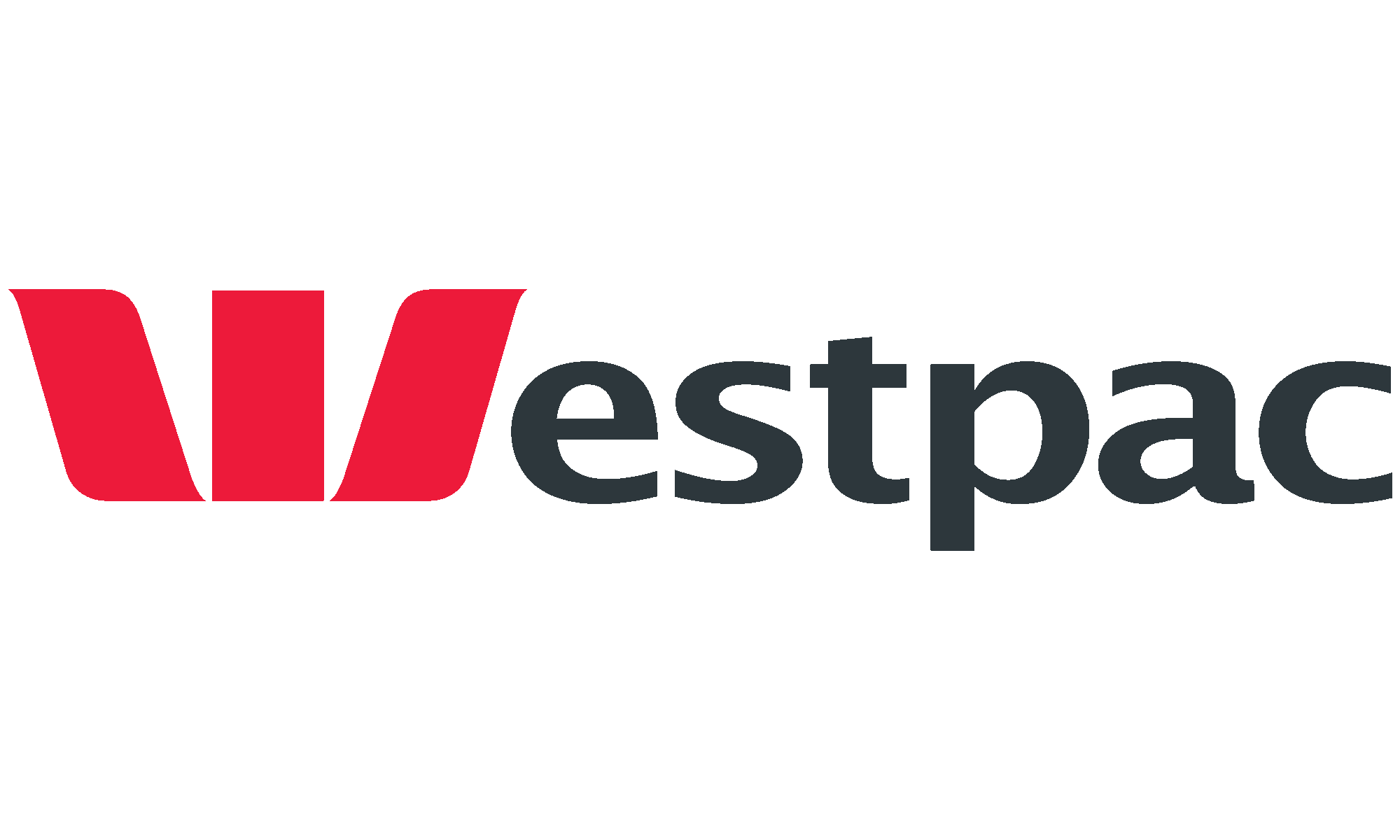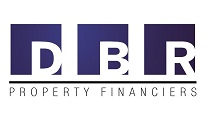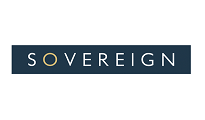It is essentially a mortgage approval subject to certain conditions being met such as a Sale and purchase agreement, Registered Valuation (if less than 20% deposit), confirmation of deposit (savings, Kiwisaver, term deposit, shares etc). There maybe additional conditions depending on the property, and what supporting information wasn't provided at the beginning.
When you have a pre-approval you know how much you can borrow which will put you in a better position to negotiate. Pre-approvals are valid from 60-90 days.










